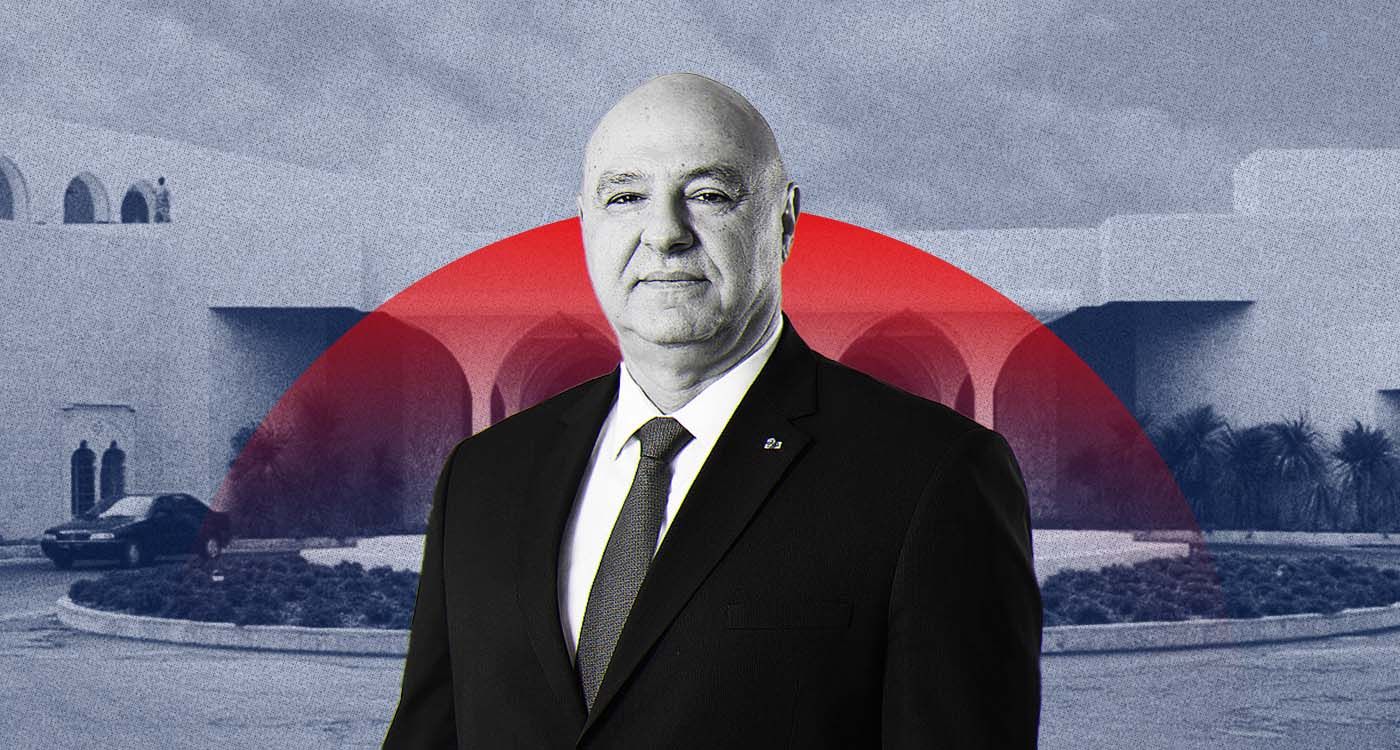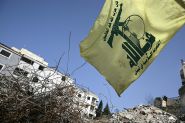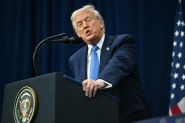
In the political life of a nation, it is often necessary to set the record straight and to place the current situation within its broader national context. In other words, it is important to return to the foundational principles that guide a people’s evolution of at a specific historical moment.
In the case of Lebanon, this approach becomes particularly relevant when examining the actions of certain digital news platforms, often associated with Hezbollah, which have recently been targeting President Joseph Aoun in a subtle and insidious manner. While it is not inherently wrong, within a somewhat democratic system, to criticize the actions of the head of state when necessary, one cannot ignore that the emerging campaign against the president carries a more hidden and potentially malicious agenda. This agenda appears to be aimed at undermining the very foundations of Lebanon’s internal political, social and sectarian balance—a balance that has underpinned Lebanon for over a century.
Several undeniable facts come to the fore in this regard. The digital media outlets launching these attacks on Baabda Palace seem to conveniently overlook that President Joseph Aoun set a significant precedent by delivering a landmark inaugural speech in Parliament. While it may be considered small in scale for Lebanon, this speech could nonetheless be described as historic. In it, the president boldly and candidly addressed the true causes of the deep existential crisis that Lebanon has endured for decades.
It is worth recalling that President Joseph Aoun directly addressed the issue by reminding both lawmakers and the diplomatic corps of the core principles upon which Lebanon must adhere to in order to begin its path to recovery. Among these principles were: restoring sovereignty and the authority of the central government over all national territory, ensuring that weapons remain the monopoly of the legal forces–with the state retaining exclusive control over the declaration of war or peace–, maintaining Lebanon’s neutrality and rejecting foreign interference, restoring cordial relations with Arab and friendly nations that have traditionally supported Lebanon, and refusing to allow Lebanon to become a springboard for hostile actions against other nations.
Are these merely empty slogans and clichés? Far from it, especially when we consider this constitutional pledge in the context of Lebanon’s severe deterioration in recent years, largely caused by the strategy of dismantling institutions and key sectors, a strategy imposed by the Iranian-backed camp over the last two decades.
Given the current hardships faced by the population, it would be a grave mistake not to have the courage to acknowledge certain local realities. By emphasizing his unwavering commitment to uphold Lebanon’s foundational principles, chiefly sovereignty, President Joseph Aoun has reignited hope for the silent majority—a significant portion of the Lebanese population who had lost faith in the possibility of a national revival.
Let us call things by their rightful names: given Lebanon's political system and the socio-sectarian balance that has been in place for centuries, it is impossible to ignore the undeniable fact that President Joseph Aoun has restored the presidency to its rightful role, giving it the aura, prestige, authority and credibility it deserves. The presidency now stands once again as the supreme guarantor of national sovereignty and independence. But perhaps it is precisely the unique role, aura, authority and function of the president within Lebanon’s existing system that is being targeted by those who, falsely and from a sectarian perspective, claim to be advancing the “reform” process—an effort that has repeatedly strayed from its true objective.




Comments